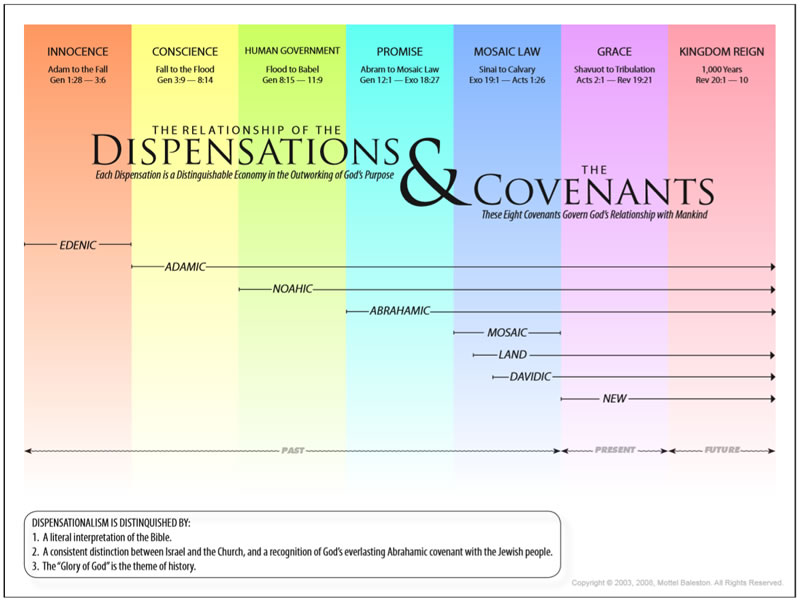Purim
Book of Esther
Purim is a yearly festival commemorating the deliverance of the Jewish people in the days of King Xerxes of Persia (483-473 BCE), who is called in the book of Esther in the Hebrew scriptures, Ahasuerus.
The whole Book of Esther is read in the synagogue on Purim. It tells of a Jewish girl named Hadassah, or Esther, who, through Godís providence, places her in the position as Queen, and in a position to save her people from the evil plot to annihilate the entire Jewish population of the Persian Empire.
The principal people involved in the Book of Esther are Esther and Mordecai, her cousin, Vashti, the deposed Queen, and Haman, who sows a plot to destroy the Jews but gets caught in his own web. The last person is King Xerxes, the King of Persia and husband of Esther.
PURIM INFORMATION AND CUSTOMS
Name ñ The feast has two principle names, first ìPurimî and secondly ìMordecaiís Dayî. Purim comes from Esther 9:26. Purim is the plural form of the singular word Pur meaning ìlot,î so Purim means ìlotsî. Purim is the ìFeast of Lots,î and the reason this name was given is spelled out in Esther 9:24. Haman had cast Pur, the lot, to destroy the Jews (3:7; 9:24).
The second name was given to the feast in the inter-testament period and is found in II Maccabees 15:36, one of the Apocryphal books. This name was given in Mordecaiís name because he actually inaugurated this feast (9:20-21).
Origin ñ In chapter 9:20-22 we find a letter from Mordecai, who has been promoted by the King to Hamanís position, as second only to the king (10:3) in over 127 provinces of Persia, from India to Ethiopia. This letter was sent to all Jews in all provinces of the empire to celebrate the 14th and 15th day of Adar on a yearly basis. Verse 28 says that this was to be remembered and kept throughout every generation, in every family, every province, and every city. Verse 22 spells out the purpose of celebrating Purim.
Megillah ñ This is the reading of the entire story of Esther in the Synagogue. In keeping with ancient custom it is read from a scroll, which in Hebrew is called a ìMegillah.î
Costumes ñ The atmosphere in the synagogue on this occasion is carnival like, with people wearing colorful costumes, primarily by the children, but adults will dress up as well for the occasion. They dress up as characters from the Esther story, while others will dress up as other biblical characters.
Purim Plays ñ This story of Esther is naturally dramatic and can be great fun to act out. They have fun with it and find innovative ways to tell the story.
The Gragger ñ As the story of Esther (Magillah) is being read, the people listen for the name of Haman and try to drown it out with noise. Most any kind of noise will do, but the traditional noisemaker is the gragger, a mechanical device which makes a loud grating sound when twirled in the hand.
Hammentashen ñ A three-cornered pastry served at Purim, which is filled with poppy-seed or other filling. The exact origin of the word is uncertain, but it is typically rendered ìHamanís Hatî (while in Israel it is known as ìHamanís Earsî).
Important Note ñ Purim is a biblical holiday of a biblical event which took place in the lives of Esther and Mordecai. But it is not one of the mandated festivals or Holy Days of the Torah that was given to Moses on Mt. Sinai by God.
Messianic Significance ñ This book of Esther is unique to all of scripture. Not only does it not have any Messianic significance, there is no reference or mention of God, or even of prayer. No pagan gods are even mentioned in the text of this book. However, the providence of God working behind the scenes is very evident.
The most outstanding thing to be seen here, besides Godís providential care for His people, is to see the principle laid down in the Abrahamic Covenant. That principle is, if you bless Israel, Godís people, He will bless you. If you curse Israel, God will curse you, and the Blessings and Cursing God will do in kind. God, in the Abrahamic Covenant, has promised the Jews that they will survive all attempts of their eradication by gentile powers during the period of the Times of the Gentiles. That fact is a Biblical guarantee, that they will survive all attempts by gentiles to remove them from the face of the earth.
Look at the national empires against which Israel has stood at their gravesites: Egypt, the Philistines, the Canaanites, Assyria, Babylon, Media-Persia, Greece, and Rome. Look at the countries and or religions that are still in existence today that Israel has survived: 17 centuries of the Roman Catholic Church, the Eastern Orthodox Church (which includes the Russian Orthodox), and 14 centuries of Islam, and especially the expulsions from Spain, and the Inquisition, and Protestant/Catholic Germany and itís Holocaust. Esther should be a biblical lesson to all peoples and nations, that God will not abandon His people, and someday in the future God will step out from behind the curtain and will, in a dramatic way, fulfill His promises to Abraham, Isaac and Jacob.

